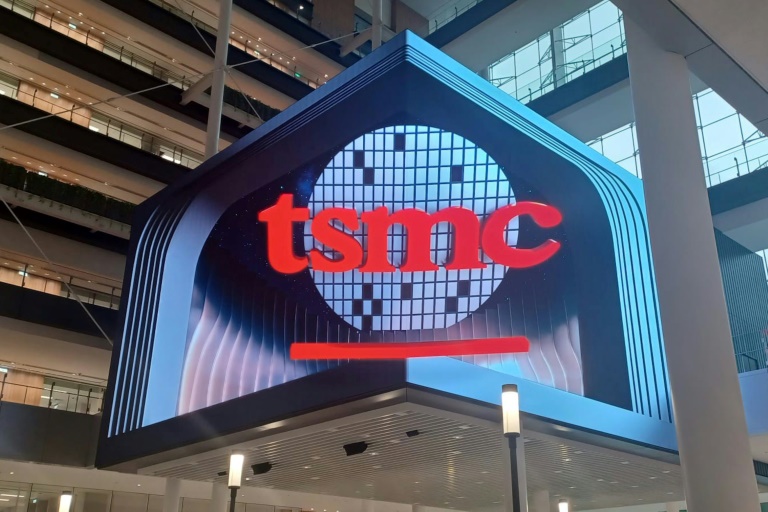Taiwan Semiconductor Manufacturing Co. (TSMC), GlobalFoundries, and one other chipmaker are set to receive their final awards from the Biden administration under the Chips and Science Act, according to a report. This development comes as the U.S. Commerce Department notified Congress, signaling progress despite ongoing concerns about the slow award rollout.
With negotiations on the final awards having been completed, these three companies are among 21 that are close to securing nearly $37 billion in preliminary agreements under the bipartisan Chips and Science Act of 2022, which aims to attract chipmakers from Asia and enhance production in the U.S. Additionally, nearly $3 billion remains to be distributed through these preliminary agreements, Reuters reported.
Under the Chips and Science Act, the Commerce Secretary is required to notify the appropriate committees at least 15 days in advance of any deal that exceeds $10 million.
It is unclear when the deals will be officially signed or when the incentives will be made public, according to the report.
Commenting on the development, a commerce department spokesperson said, “Per statute, the congressional notification is a routine part of the Chips Program Office process and doesn’t indicate that the award terms are final.”
In a preliminary agreement with the commerce department, TSMC‘s U.S. unit received a $6.6 billion subsidy in April for advanced semiconductor production in Phoenix, Arizona. While in February, GlobalFoundries was awarded $1.5 billion to build a new semiconductor facility in Malta, New York, and expand operations in Burlington, Vermont.
The Chips Act allocates $39 billion in grants, along with billions more in loans and 25% tax credits, to boost U.S. semiconductor manufacturing after much of the production moved to Asia, reported Bloomberg.
So far, only Polar Semiconductor has received $123 million to expand and modernize its chip manufacturing facility in Bloomington, Minnesota. However, community groups have raised concerns regarding the Polar Semiconductor award, citing a lack of transparency regarding labor, environmental, and chemical aspects of the deal. These objections prompted the Biden administration to delay the release of the remaining final awards until after the election. Additionally, companies involved in the discussions insisted on negotiating childcare and labor provisions, causing further delay.
The tentative deals announced earlier this year come as the Biden administration races to allocate funds from the Chips and Science Act before its term ends in January. This urgency comes in the wake of growing concerns among award recipients that Republican Donald Trump may cancel the grants when he assumes office.
Trump has previously called the Chips Act “so bad” during an episode of Joe Rogan’s podcast in October. “We put up billions of dollars for rich companies,” he said. “When I see us paying a lot of money to have people build chips, that’s not the way. You didn’t have to put up 10 cents. You could have done it with a series of tariffs. In other words, you tariff it so high that they will come and build their chip companies for nothing.”
When asked if Republicans would repeal the Chips and Science Act if they returned to power, Republican House Speaker Mike Johnson initially suggested the party might do so, but later retracted his statement.
Companies are, however, hoping to finalize their deals, including Intel, which is awaiting approval for $8.5 billion in funding. “We will continue to do our part and urge the Department of Commerce to accelerate and streamline the process to meet our collective goal to create a globally competitive U.S. semiconductor ecosystem,” it said.







